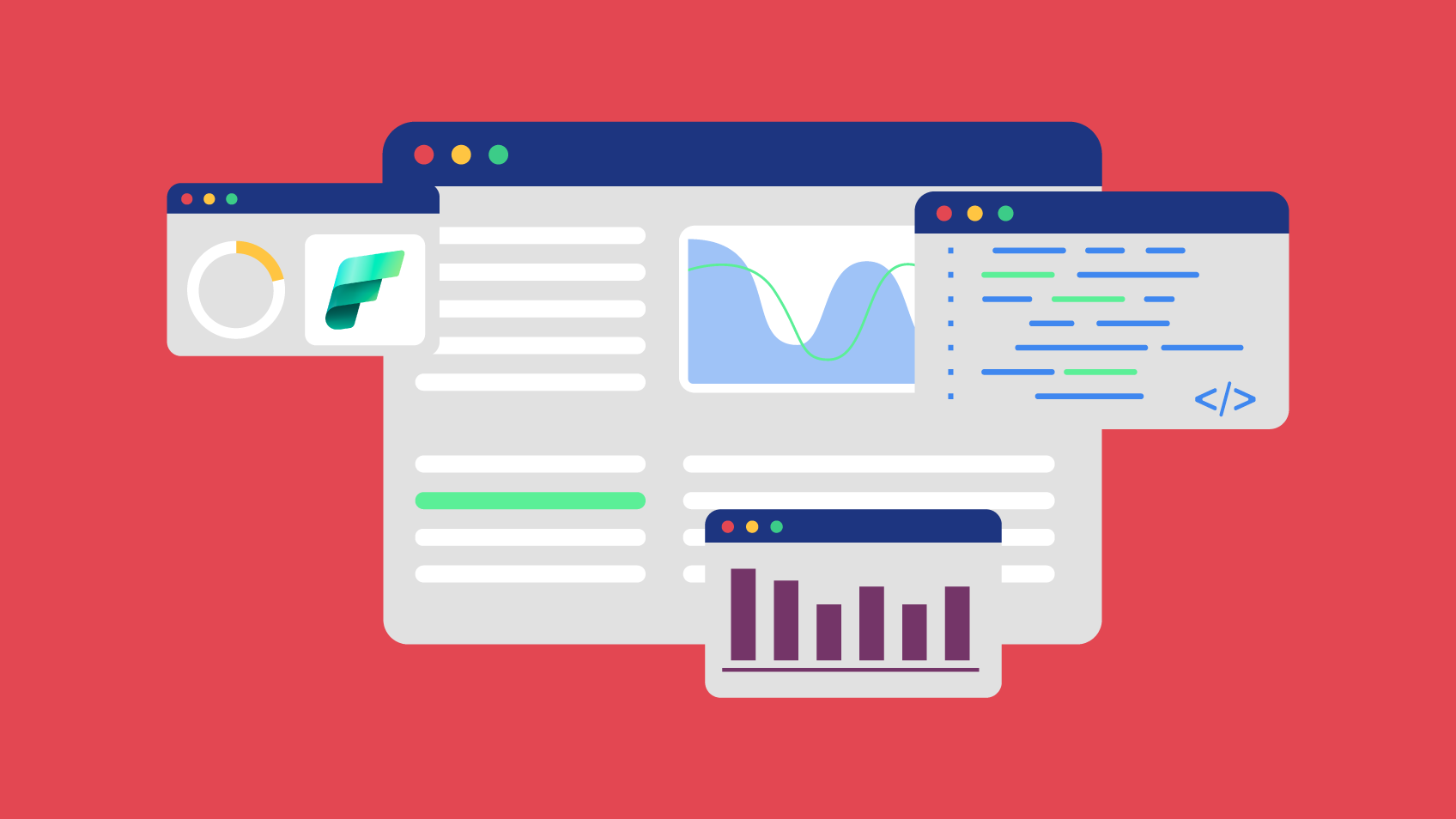5 SECONDS SUMMARY:
- Power Apps modules and the Dataverse are two tools that stand out for allowing the creation of customised solutions and managing business data in one place;
- These tools improve the efficiency and productivity of companies; discover how to benefit from the Dataverse integration with Power Apps.
With the exponential growth of data, companies are increasingly focused on finding solutions capable of transforming and managing them in order to extract valuable insights. According to IDC, by 2025, the volume of data will reach 175 zettabytes. Forbes predicts that 150 billion gigabytes of real-time data will require analysis by 2025.
It is undeniable that data collection and analysis are fundamental parts of businesses and companies. Through this analysis, organisations can identify growth opportunities, detect problems and failures in internal processes, improve operational efficiency, and reduce costs. In this context, Microsoft’s Power Platform has emerged as a tool capable of creating custom solutions and workflows easily and quickly.
Within Power Platform, Power Apps and Dataverse modules are two tools that allow customised solutions to be created and business data to be managed in a single place, facilitating, for example, process automation, collaboration among team members, and access to insights and different real-time analyses. These tools can also be integrated with other Microsoft technologies, such as Microsoft Teams and Dynamics 365, to create comprehensive solutions that meet each organisation’s specific needs.
Dataverse integration with Power Apps
As previously discussed in other articles, Power Apps is a low-code solution that allows businesses to create personalised, agile, and intuitive applications, whose benefits are enhanced when integrated with connectors such as SharePoint, Power BI, Office 365 Outlook, and of course, Dataverse.
Dataverse, on the other hand, offers us the possibility of securely storing data in tables, is highly scalable, and can support large volumes of data and users simultaneously. In addition, these data can be used by all Microsoft Power Platform products, something that allows companies to improve collaboration and efficiency in their daily operations.
With Dataverse, we can quickly and easily create a data model. It allows us to work with relational, non-relational, image, file, or data lake data types. The storage type is optimised for the initially chosen data type. Thus, Dataverse can be easily moldable as requirements change.
Dynamics 365 Sales, Dynamics 365 Customer Service, and Dynamics 365 Talent applications can also be powered by Dataverse. Thereby, it is possible to create applications using Power Apps for integrations with business data already used in Dynamics 365. Through Dataverse, it is also possible to manage forms and charts that can be reflected in both Dynamics and Power Apps applications.
Power Apps integration with Dataverse can help organisations create custom applications that aim to manage and share data in real time. Efficiency, productivity, and collaboration will undoubtedly be optimised.
For example, in an onboarding process, it is necessary to give internal visibility to all the tasks needed when someone is about to arrive or is a newcomer to an organisation. Through Power Apps, a custom application that lists all these tasks can be created, allowing the involved employees to mark them as in progress or completed as they are performed, giving everyone visibility into the process status. If necessary, various information viewing profiles can be created, depending on the new employee’s manager and/or department. How can this process be accelerated with Dataverse? Dataverse is the connector that allows storing and centralising all the information, such as the tasks that need to be performed, their completion status, and the information of the new employee.
When implementing an onboarding process using Power Apps and Dataverse, we have the opportunity to improve various elements, such as:
- Providing internal visibility on the onboarding process for new employees;
- Accessing centralised information, making it easier to access and update;
- Ensuring that no tasks are forgotten and that all are completed;
- Personalising the application to the reality of each organisation;
- Accessing information in real-time;
- Using the information stored in Dataverse to continuously improve the onboarding process by identifying areas that require greater attention.
Build customised and efficient solutions
Dataverse integration with Power Apps can be the ideal solution for companies that want to improve their efficiency and productivity. By integrating Dataverse, which offers a robust data storage and management platform, with Power Apps, which allows fully customised applications creation, companies can acquire integrated solutions that enable process automation, error reduction, and improved collaboration between teams. In addition, this integration also allows the creation of customised reports and dashboards, offering a more complete and real-time view of company data. These and other advantages can significantly contribute to increasing a company’s effectiveness and competitiveness.
With the help of an experienced partner like Xpand IT, companies can make the most of Microsoft technologies to drive growth and innovation. In 2022, we received the Microsoft Partner of the Year Award for the second consecutive year, following our recognition as Power Apps & Data Analytics Partner of the Year in 2020.
Contact us to schedule a conversation and outline an efficiency plan for your company.

Partner and DX & UX Lead – Xpand IT















